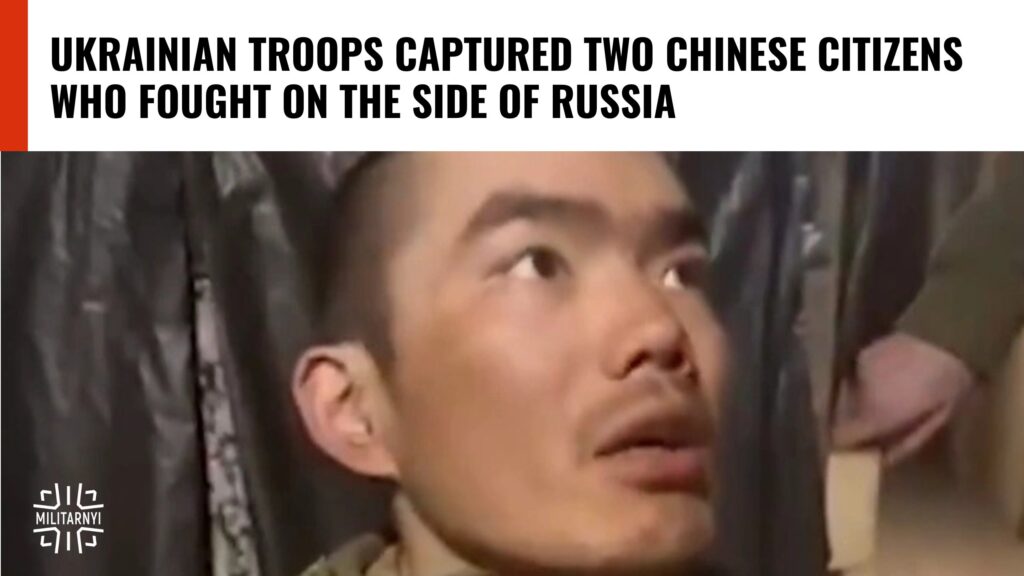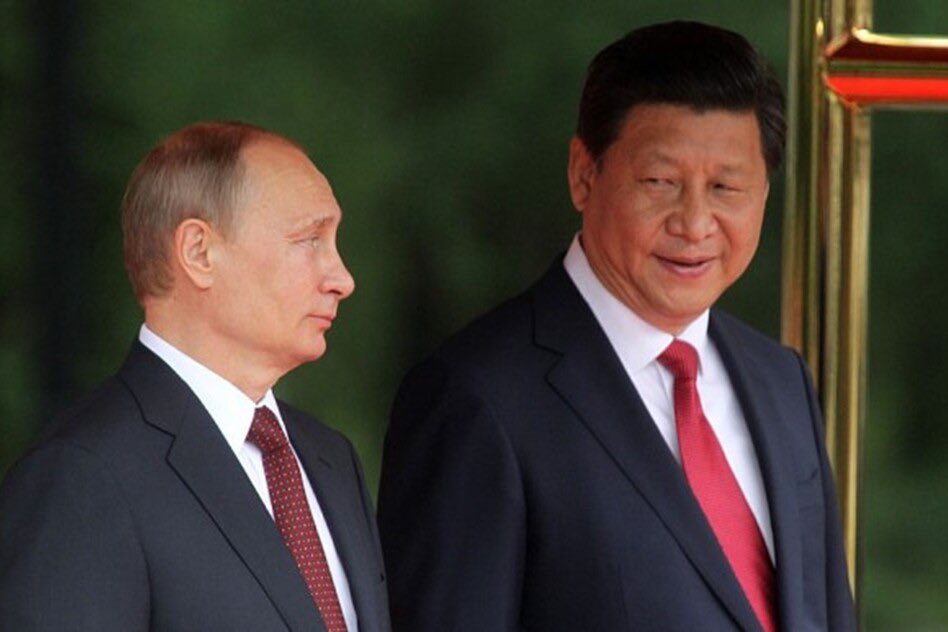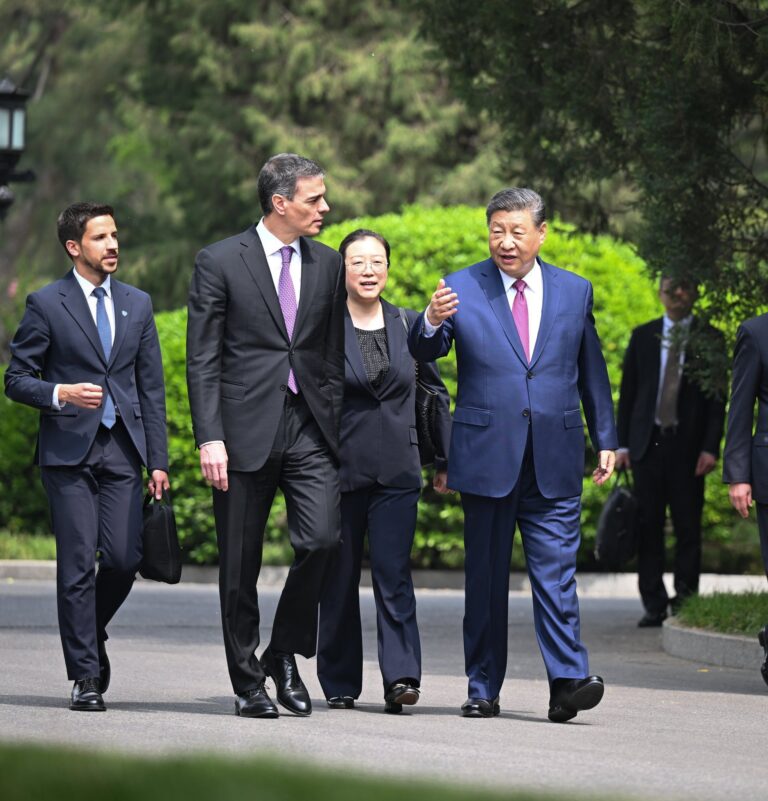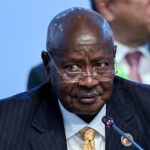Beijing’s growing diplomatic engagement around the war in Ukraine, particularly its advocacy for a ceasefire, has raised significant questions regarding its strategic motives and the broader geopolitical consequences. While China presents itself as a neutral actor pursuing peace, its position intersects with its long-term partnership with Russia, competition with the West, and aspirations for global leadership.
I. Historical Context of Sino-Russian Relations
Since 2014, after Russia’s annexation of Crimea, China and Russia have deepened their strategic ties. The PRC’s support for Moscow is rooted in shared opposition to U.S. global dominance, mutual interests in Eurasia, and economic interdependence. However, China’s foreign policy has traditionally been guided by a doctrine of non-interference, making its stance on Ukraine uniquely delicate.
II. China’s Strategic Calculus Behind the Ceasefire Proposal
– Economic Stability: China seeks to prevent further disruption in global supply chains and energy markets, which would threaten its economic recovery and Belt and Road investments.
– Energy Security: Russia has become a key supplier of discounted oil and gas, making it essential for China to maintain this partnership without being drawn into sanctions.
– Multipolarity and Global Order: China uses ceasefire rhetoric to position itself as a peacemaker in a world increasingly divided along geopolitical lines. This supports its long-term goal of reshaping the international order.
III. The Role of Xi Jinping’s Moscow Visit
Xi’s 2023 visit to Moscow confirmed the strategic depth of the China-Russia relationship. While Beijing avoided directly endorsing the war, both leaders framed their cooperation as a counterweight to U.S.-led alliances. Although no formal military pact was signed, Xi’s presence offered Moscow diplomatic cover and reassured continued economic and political support.
IV. Impacts on China-EU Relations
China’s balanced stance attempts to keep doors open with the EU, a critical trade partner. However, perceived alignment with Moscow raises suspicion in Brussels and undermines Beijing’s image as a neutral actor. Calls for a ceasefire without withdrawal conditions are seen in Europe as favoring Russia.
V. Engagement with the Global South
Beijing’s peace narrative plays well in the Global South, where skepticism of Western militarism is high. By promoting dialogue over confrontation, China enhances its image as a responsible great power in Africa, Latin America, and Southeast Asia.
VI. Ceasefire vs. Western Peace Frameworks
China’s 12-point “peace plan” emphasizes sovereignty and dialogue but avoids explicit demands for Russian withdrawal. This contrasts with Western frameworks prioritizing Ukraine’s territorial integrity and full restoration of sovereignty. China’s approach risks institutionalizing Russian territorial gains.
VII. Consequences for Ukraine and NATO
– For Ukraine: A premature ceasefire could freeze conflict lines, reduce international momentum, and legitimize Russia’s occupation.
– For NATO: China’s role as a peace broker could undermine NATO unity if members are drawn into differing stances on how to end the war.
VIII. Russia’s Reaction to China’s Position
Moscow publicly welcomes China’s ceasefire efforts, viewing them as a means to divide the West and shift diplomatic narratives. Privately, however, there may be unease about Beijing’s growing leverage and its emphasis on stability over military victory.
China’s support for a ceasefire in Ukraine is rooted not in moral imperatives but strategic calculations. While it bolsters Beijing’s global image and protects its interests, it poses risks for Ukraine and potentially reinforces Russia’s territorial ambitions. Policymakers must understand the nuanced motivations behind China’s diplomacy to effectively address the long-term implications for European security and global order.
Recommendations
– Increase diplomatic engagement with China to clarify red lines and stress the importance of Ukrainian sovereignty.
– Strengthen EU-NATO coordination to counter mixed messaging around ceasefire proposals.
– Support independent media and analysis in the Global South to challenge authoritarian peace narratives.– Encourage transparency and scrutiny of China-Russia ties within multilateral forums.


More on this story: China eager for greater say in Western democratic tools

More on this story: China’s Declared Neutrality vs. De Facto Involvement in the Russia-Ukraine War

More on this story: China Continues Supplying Russia with Critical Dual-Use Components

More on this story: China’s Declared Neutrality vs. De Facto Involvement in the Russia-Ukraine War




